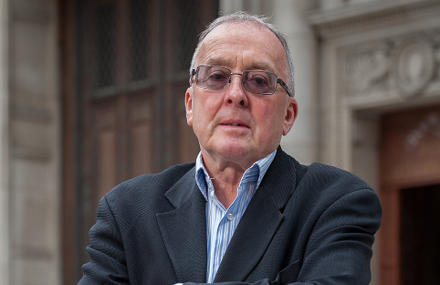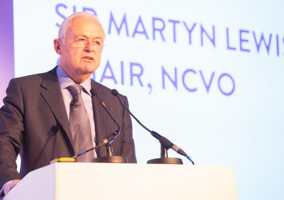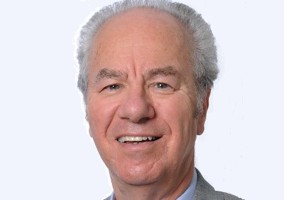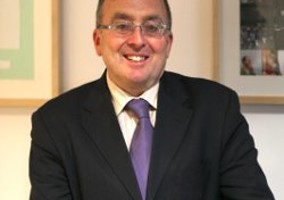Sir Stephen Bubb, the former chief executive of Acevo, has criticised “unhelpful and unnecessary” comments from the outgoing chair of NCVO, Martyn Lewis, who blamed Acevo for derailing merger talks between the two bodies.
Lewis steps down as chair of NCVO on 21 November after six years in the role. During his last public appearance as chair, at NCVO’s trustee conference on Tuesday, he launched a stinging attack on Acevo over its repeated failure to enter into talks about a “necessary and sensible” merger during his six years at the helm.
Bubb, who was chief executive of Acevo throughout the period Lewis referred to, criticised both the accuracy and the sentiment of Lewis’ remarks.
He said he did not believe that Sir Stuart Etherington, chief executive of NCVO, “sees the rationale for a merger”, he did not accept that the prevailing view in the sector was for a merger, and that the idea was a “red herring” that had been “dreamt up by people with tidy minds”.
No repeated approaches
He said that there had never been repeated talks between the two bodies, and denied that NCVO had ever pushed strongly for a merger.
“One of the things that raised eyebrows was the idea there had been repeated approaches,” he said. “It’s not true that NCVO were pushing hard for a merger. There were some chats, and they weren’t even particularly originated by NCVO.
“There was never any formal approach. Over the years there were talks, but there wasn’t any appetite from the Acevo board. There wasn’t any case for a merger. I don’t think Stuart sees a rationale for a merger.”
Distraction from the real issues
Bubb said focus on a merger between NCVO and Acevo was distracting from the real issues facing charity.
“I find the idea a nonsense,” he said. “This is navel-gazing and introspection, and it’s not what charities need right now. It’s the last thing we need. We need to think about the lack of a public voice on issues facing the sector, rather than reorganising the deckchairs. We need to think about what’s the hell’s happening, not about merging into some great big conglomerate.
“The people who want this are mostly those with tidy minds. They want to neaten things up in the sector into nice rows, but that’s not how the sector works.”
He said that contrary to Lewis’ comments, there was little appetite among charities for a merger to go ahead, and that there was a strong argument for a separate body for chief executives.
“The only people who support this are the chief executives of some but not all large national charities,” he said. “The membership don’t support it. If it went to a ballot, there wouldn’t be a majority in favour of it.
“This is a red herring. There’s a need for more partnership. There may be scope for shared services. But the rationale for a chief executives’ body is as strong as it was when we were set up 30 years ago. It’s a network for chief executives just as there are networks for finance directors and fundraisers.
"If we did merge then in five years’ time we’d probably see a group of chief executives saying ‘we need a network of our own’ and setting up a new body.
“Acevo will shortly appoint a new chief executive. Hopefully that will be a strong sign that merger talks don’t exist and the idea’s not going anywhere.”
Related articles












